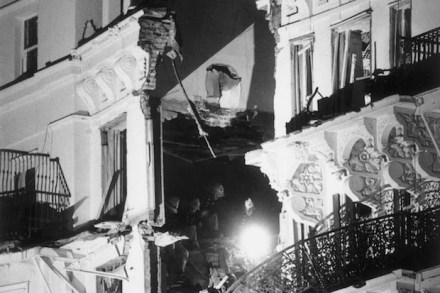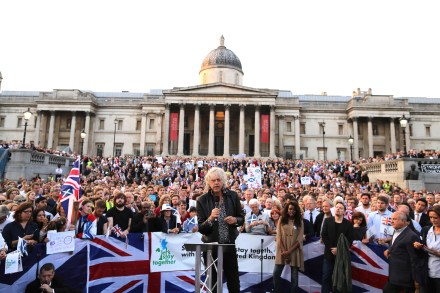The hell of being Michael Palin
More from BooksIn these diaries, which I found excellent in a very specific way, Michael Palin tells us about his life between the late 1980s and the late 1990s. At the start of this period, he was about to become a hugely successful presenter of travel programmes. Ten years later, he was wondering if this was, in






























